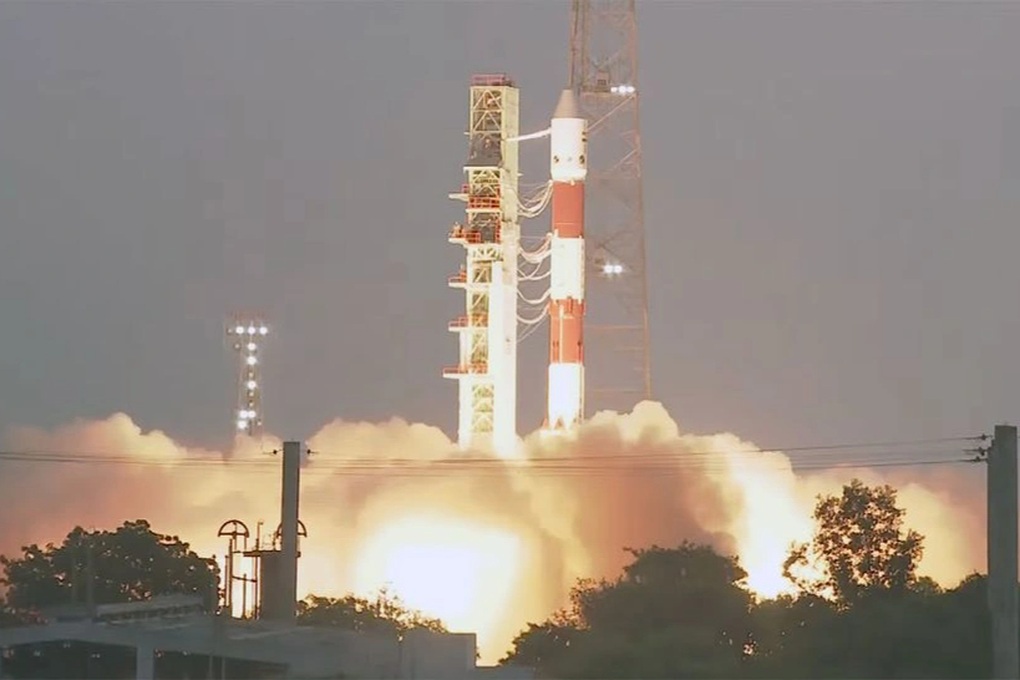
India's attempt to launch an Earth observation radar satellite on May 18 failed (Photo: ISRO).
On May 18, the Indian Space Research Organization (ISRO) launched the Earth observation radar satellite EOS-09 using the Polar Satellite Launch Vehicle (PSLV) rocket from the Satish Dhawan Space Center.
The mission failed about six minutes after takeoff due to a problem with the rocket's third stage.
When the third stage was activated, the engine started successfully but did not operate as expected, causing the satellite to fail to reach the desired orbit and quickly lose contact.
Live video streamed by ISRO shows the rocket carrying the EOS-09 satellite failing to pass through the atmosphere, gradually losing altitude, before plunging back down to the ground.
"The engine in the third stage started perfectly, but there was a problem during operation. We will clarify after a thorough analysis of the incident," ISRO Chairman V. Narayanan confirmed in a statement after the incident.
EOS-09 is the ninth satellite in India's Earth observation satellite series, weighing 1,694 kg and equipped with synthetic aperture radar (SAR) technology, allowing cloud-penetrating observations, day and night.
According to plan, EOS-09 would be deployed in an orbit 535 km above Earth about 18 minutes after launch, but could not advance to this stage.
According to India Today , EOS-09 plays an important role in monitoring the India-Pakistan and India-China borders, when the security situation is often complicated.
This launch marks ISRO's second launch in 2025, following the success of the NVS-02 mission in January. It is also ISRO's 101st launch and the 63rd use of the PSLV.
PSLV-C61 is an "XL" configuration variant with 4 booster stages and 6 auxiliary solids tanks.
The PSLV rocket has proven to be highly reliable with only three failures, including this one. ISRO will investigate and rectify the situation for future missions.
The incident not only disrupted India's Earth observation development program but also highlighted the complexity and risks in the satellite launch industry, even for countries with extensive experience.
Source: https://dantri.com.vn/khoa-hoc/an-do-phong-that-bai-ve-tinh-quan-sat-trai-dat-20250519063211175.htm


![[Photo] Prime Minister Pham Minh Chinh inspects the progress of the National Exhibition and Fair Center project](https://vphoto.vietnam.vn/thumb/1200x675/vietnam/resource/IMAGE/2025/5/19/35189ac8807140d897ad2b7d2583fbae)


![[Photo] General Secretary To Lam attends the conference to review 10 years of implementing Directive No. 05 of the Politburo and evaluate the results of implementing Regulation No. 09 of the Central Public Security Party Committee.](https://vphoto.vietnam.vn/thumb/1200x675/vietnam/resource/IMAGE/2025/5/19/2f44458c655a4403acd7929dbbfa5039)
![[Photo] President Luong Cuong presents the 40-year Party membership badge to Chief of the Office of the President Le Khanh Hai](https://vphoto.vietnam.vn/thumb/1200x675/vietnam/resource/IMAGE/2025/5/19/a22bc55dd7bf4a2ab7e3958d32282c15)



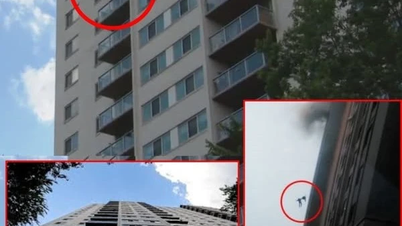














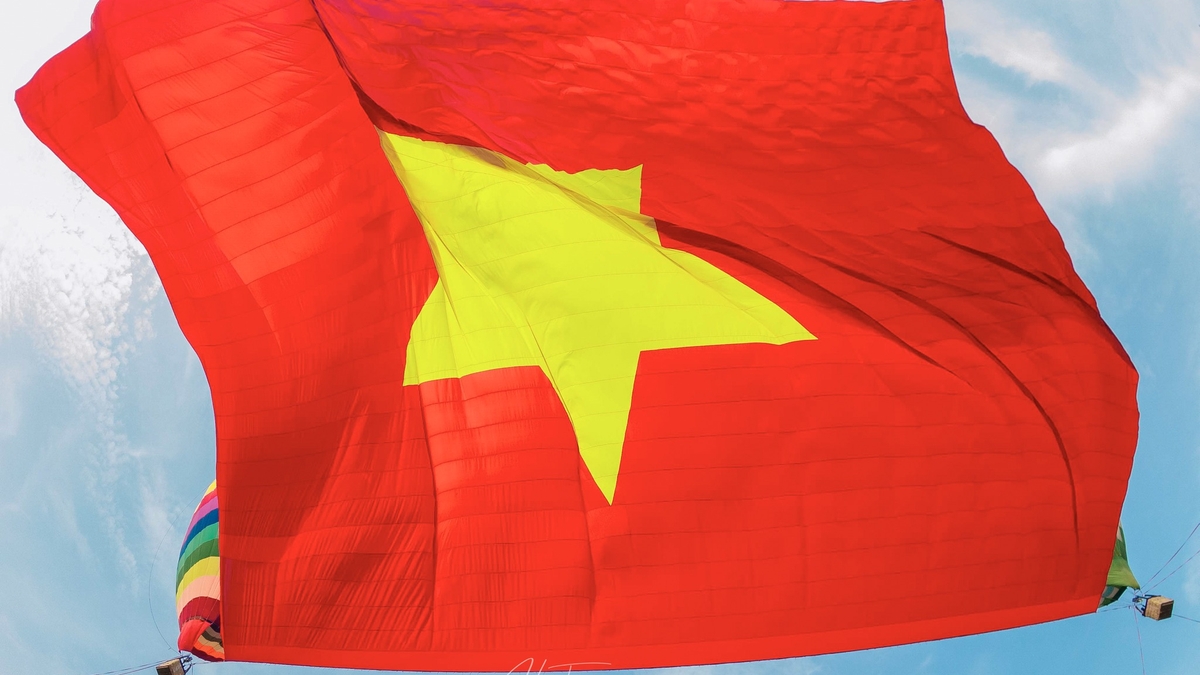







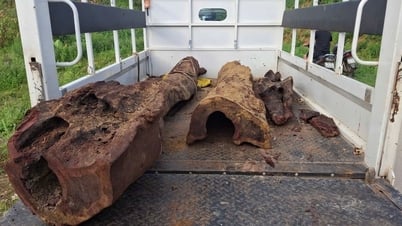












































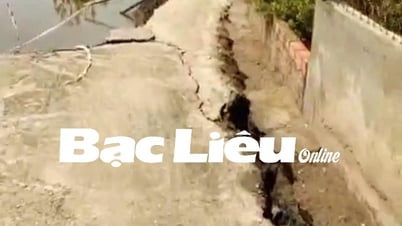





![[VIDEO] - Enhancing the value of Quang Nam OCOP products through trade connections](https://vphoto.vietnam.vn/thumb/402x226/vietnam/resource/IMAGE/2025/5/17/5be5b5fff1f14914986fad159097a677)





Comment (0)